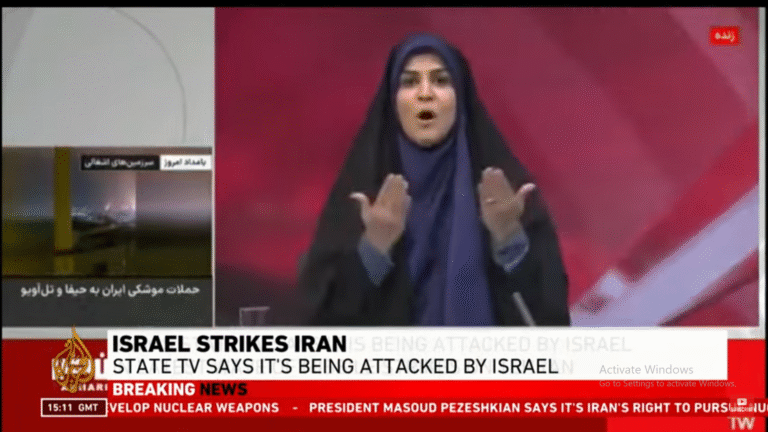
Tensions between Iran and Israel have reached new heights, as Iran launched a bold and public response to recent Israeli military actions. According to CNN reports, Iran’s countermeasures have shaken the regional balance, prompting analysts to ask: Is Israel losing control of the situation?
Iran’s Retaliation Stuns Observers
In the early hours of June 14, Iran fired a wave of threats and actions in response to continued Israeli strikes on Iranian-backed targets in Syria and Lebanon. Tehran’s officials called it a “necessary defense,” accusing Israel of pushing the region toward war.
This bold move from Iran wasn’t just symbolic. It included mobilizing missile units, placing military bases on high alert, and publicly warning countries allied with Israel. The reaction has sent shockwaves across the Middle East.
Growing Pressure on Israel
Israel now faces mounting challenges. Its military is stretched across multiple fronts — Gaza, Lebanon, Syria, and now the Persian Gulf. Meanwhile, internal political divisions and international scrutiny are weakening its ability to act decisively.
Although Israel remains technologically superior, Iran’s calculated responses show growing coordination with regional proxies like Hezbollah, the Houthis, and Shiite militias in Iraq. These alliances could further complicate Israel’s defense strategy.
International Community Watches Closely
The United States continues to support Israel but urges restraint. Pentagon officials confirmed that U.S. forces remain on high alert across the region. European diplomats are calling for de-escalation before a wider conflict breaks out.
UN Secretary-General António Guterres warned that “the region is on the edge,” urging all sides to avoid pushing the situation beyond the point of no return.
Is Israel Losing Strategic Control?
Some military analysts believe Israel is entering a period of strategic uncertainty. For years, Israel maintained dominance through intelligence superiority, surgical airstrikes, and strong U.S. backing. However, Iran’s recent posture suggests it is no longer afraid to retaliate in the open.
Moreover, the possibility of Iran coordinating simultaneous attacks via its proxies could force Israel into a reactive, rather than proactive, position — something it has worked hard to avoid.
Conclusion
Iran’s bold response marks a turning point in the ongoing conflict. While Israel is far from powerless, its grip on regional strategy appears to be loosening. As threats multiply and allies watch cautiously, the question remains: Is Israel still in control — or is the balance of power beginning to shift?




